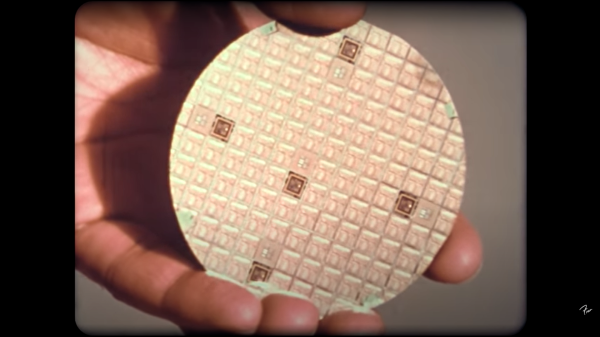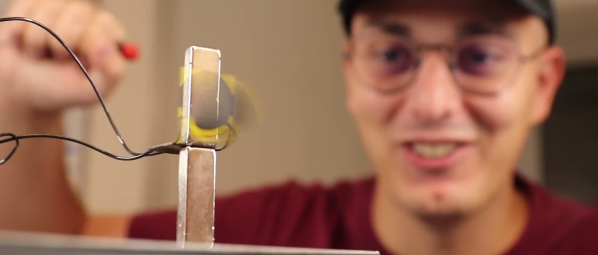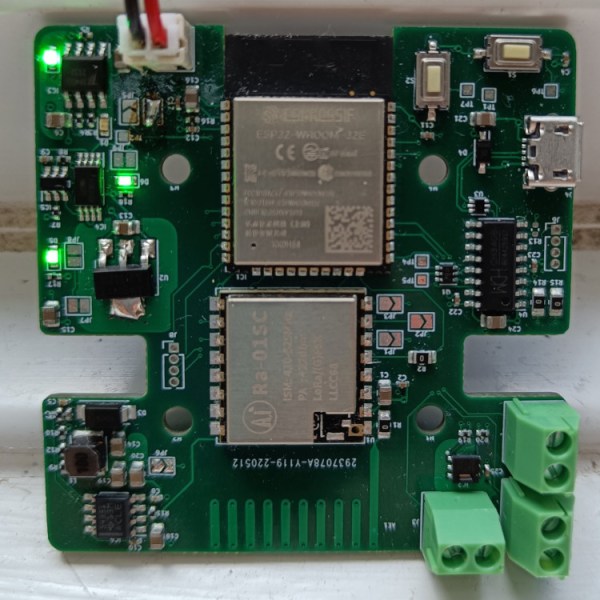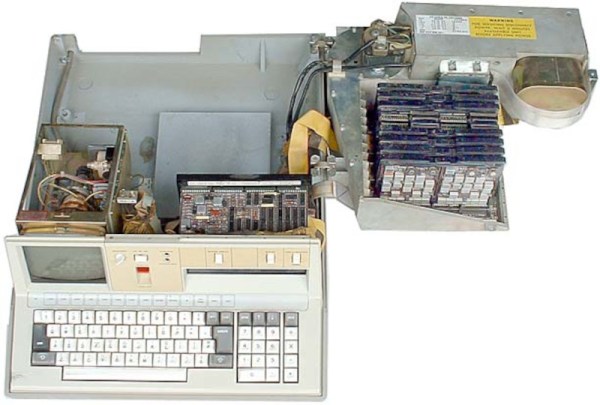There’s gold all around us, embedded in our electronics. There are people who collect e-waste and use various methods to extract gold from them. However, it is hard to qualify it as a “get rich quick” scheme because the amount of gold recovered is usually minute. Still, if you can do volume, you can make some money and recycling is always a good idea. At the University of Manchester, they have a better way to extract gold from e-waste using graphene. You can see a brief video about the process below, or read the full paper.
The process is relatively simple. You dissolve the e-waste in a solvent, add some graphene oxide, and the gold appears bound to the graphene. You pull out the graphene and burn it off to result in the gold you want. A gram of graphene can grab 2 grams of gold and graphene is relatively cheap per gram compared to gold.
Graphene oxide nanosheets are processed using ascorbic acid into a colloid suspension. The chemical process converts gold bound with chlorine into elemental gold. After diving into why the process works, they were able to increase the selectivity of the process by manipulating the pH so that the majority of the residue is actually gold.
The team believes they can build a continuous process that takes liquefied e-waste and extracts gold as it flows through the system. If you’d rather go with the traditional method, here’s a start for you. Then again, there are other metals to recover besides gold.



















